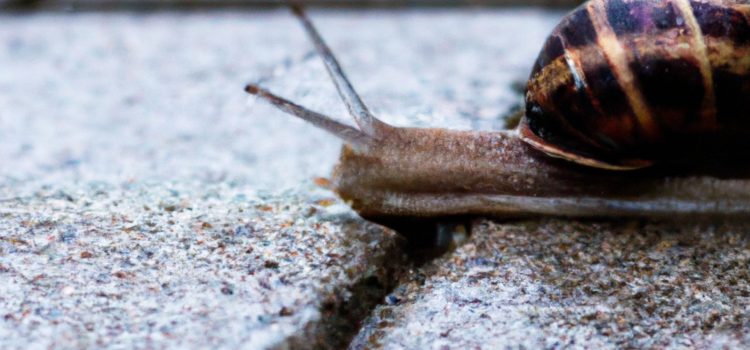
Is slow but steady always the best approach? Or are there times when snap decisions are better?
A slow but steady approach to decision-making can help you make more purposeful and thoughtful decisions. However, having expertise in an area allows you to make good quick decisions, too.
Read on for more on the benefits and drawbacks of a more thoughtful approach.
Does Slow and Steady Always Win the Race?
Researchers say we tend to make our bigger decisions with less deliberation than we put into our smaller decisions, which runs contrary to the advice that a good decision is slow and purposeful. But according to some experts, that’s OK. For example, in Blink, Malcolm Gladwell argues that snap judgments are often just as sound as deliberate decisions. He writes that it’s often less useful to gather all the information and deliberate over it than to let your unconscious mind make a fast and accurate decision. But this doesn’t mean that you can make a good decision without any background knowledge: Gladwell writes that you need to develop the expertise and accumulate the experience that will inform your intuition.
On the other hand, in The Signal and the Noise, statistician Nate Silver advocates a slow but steady approach to decisions. Silver explains that many decisions are essentially predictions. He contends that to make good predictions, you have to detect the signal (the relevant information) amidst the noise (the distracting details). Silver advises updating your predictions as you get new information, and becoming more aware of how your assumptions influence your decisions so you can keep one idea from dominating.






